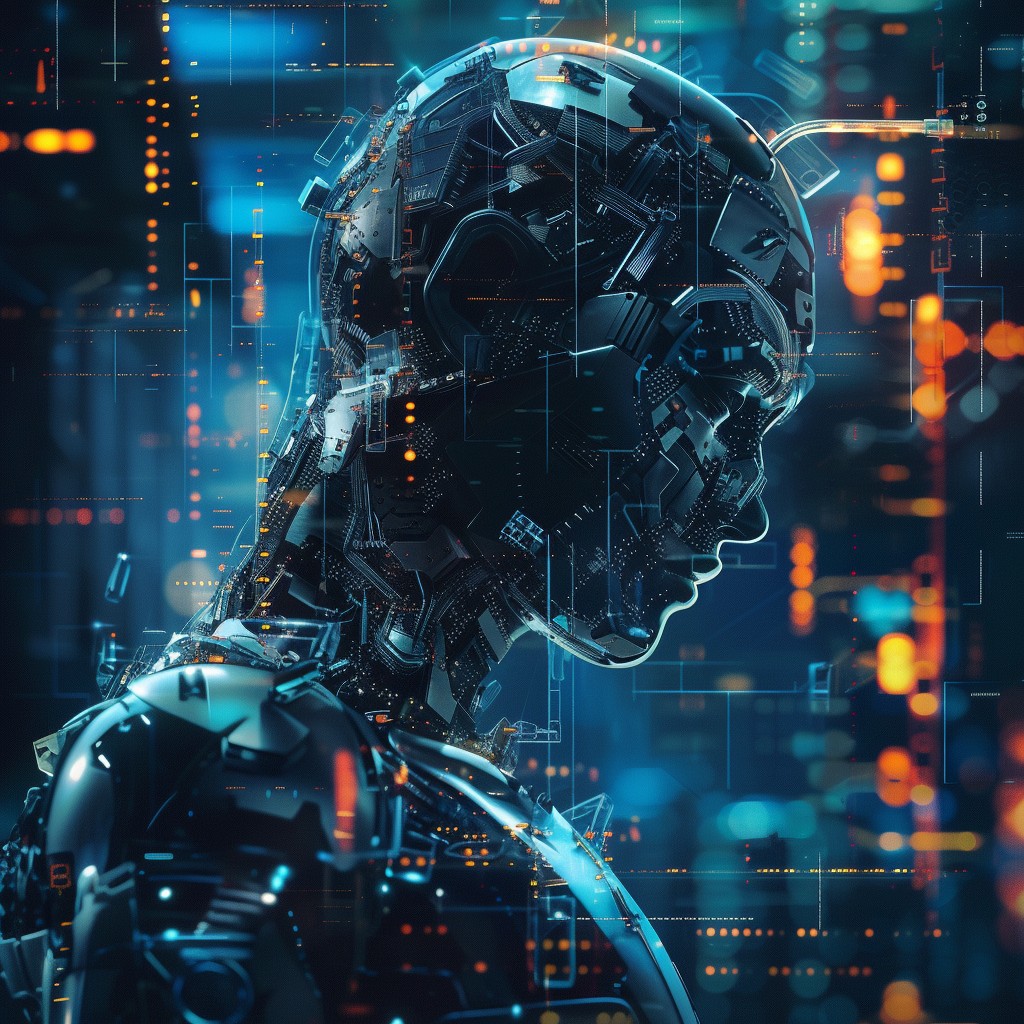In the fast-paced world of online content creation, the importance of a captivating thumbnail cannot be overstated. These small images, adorning YouTube videos, serve as the initial hook for potential viewers, influencing their decision to click and engage with the content. However, with the advent of generative artificial intelligence (AI), the landscape of thumbnail creation is undergoing a significant transformation, posing a threat to the traditional industry of designers and developers who have long relied on their expertise to craft enticing visuals.
Rise of Thumbnail industry
The thumbnail, once a mere automatic extraction from a video frame, has evolved into a cornerstone of digital marketing strategies. Content creators and marketers invest considerable time and resources researching, hypothesizing, and developing compelling thumbnails to attract clicks. As users scroll through an endless array of videos, the thumbnail serves as a crucial point of differentiation, with its visual appeal often determining whether a video garners attention or fades into obscurity.
Generative AI technologies powered by machine learning algorithms are now challenging the traditional methods of thumbnail creation. These AI systems can autonomously generate thumbnails based on video content analysis, user preferences, and historical performance data. By leveraging vast datasets and sophisticated algorithms, AI-generated thumbnails aim to optimize click-through rates and maximize engagement without human intervention.
Threat to traditional practices
While AI-generated thumbnails offer undeniable efficiency and scalability, they threaten the livelihoods of professionals in the thumbnail design industry. Individuals who have built careers around crafting compelling visuals now face the prospect of being sidelined by algorithms that can produce comparable results at a fraction of the time and cost. This disruption has sparked concerns within the creative community about job security and the future of human involvement in content creation.
In response to the growing dominance of AI-generated thumbnails, traditional practitioners must adapt their skills and strategies to remain relevant in the digital landscape. Rather than viewing AI as a threat, many professionals embrace it as a tool to enhance their workflow and streamline repetitive tasks. By combining human creativity with AI-powered insights, designers, and developers can leverage the best of both worlds to produce visually captivating thumbnails that resonate with audiences.
One approach is for designers to focus on higher-level creative tasks that complement AI-generated thumbnails. This could involve conceptualizing overarching visual strategies, conducting audience research, and refining branding elements to ensure consistency across thumbnails and channel identity. By leveraging their expertise in these areas, designers can add value beyond what AI algorithms can achieve alone.
Furthermore, collaboration between human designers and AI systems holds promise for pushing the boundaries of thumbnail creativity. By harnessing the analytical capabilities of AI to identify trends and audience preferences, designers can iterate and refine their designs to better resonate with viewers.
While AI poses a threat to traditional thumbnail design practices, it also presents opportunities for professionals to evolve and innovate in an increasingly automated landscape. By embracing AI as a complementary tool and focusing on high-level creative tasks, designers can adapt to the changing industry dynamics and remain competitive in the digital market.
The era of AI-generated thumbnails represents a paradigm shift in how content creators approach digital marketing. While traditional methods of thumbnail design may face challenges from automation, there remains ample opportunity for innovation and collaboration between human creativity and machine intelligence. As the digital landscape continues to evolve, adaptation and agility will be essential for professionals seeking to thrive in an increasingly competitive environment.





